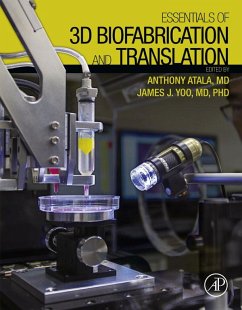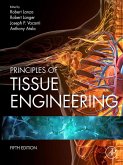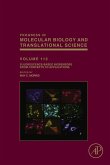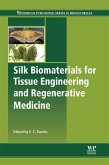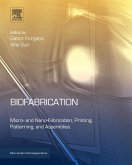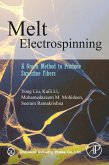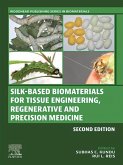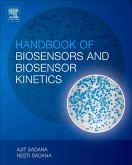Essentials of 3D Biofabrication and Translation discusses the techniques that are making bioprinting a viable alternative in regenerative medicine.
The book runs the gamut of topics related to the subject, including hydrogels and polymers, nanotechnology, toxicity testing, and drug screening platforms, also introducing current applications in the cardiac, skeletal, and nervous systems, and organ construction.
Leaders in clinical medicine and translational science provide a global perspective of the transformative nature of this field, including the use of cells, biomaterials, and macromolecules to create basic building blocks of tissues and organs, all of which are driving the field of biofabrication to transform regenerative medicine.
- Provides a new and versatile method to fabricating living tissue
- Discusses future applications for 3D bioprinting technologies, including use in the cardiac, skeletal, and nervous systems, and organ construction
- Describes current approaches and future challenges for translational science
- Runs the gamut of topics related to the subject, from hydrogels and polymers to nanotechnology, toxicity testing, and drug screening platforms
Dieser Download kann aus rechtlichen Gründen nur mit Rechnungsadresse in A, B, BG, CY, CZ, D, DK, EW, E, FIN, F, GR, HR, H, IRL, I, LT, L, LR, M, NL, PL, P, R, S, SLO, SK ausgeliefert werden.

